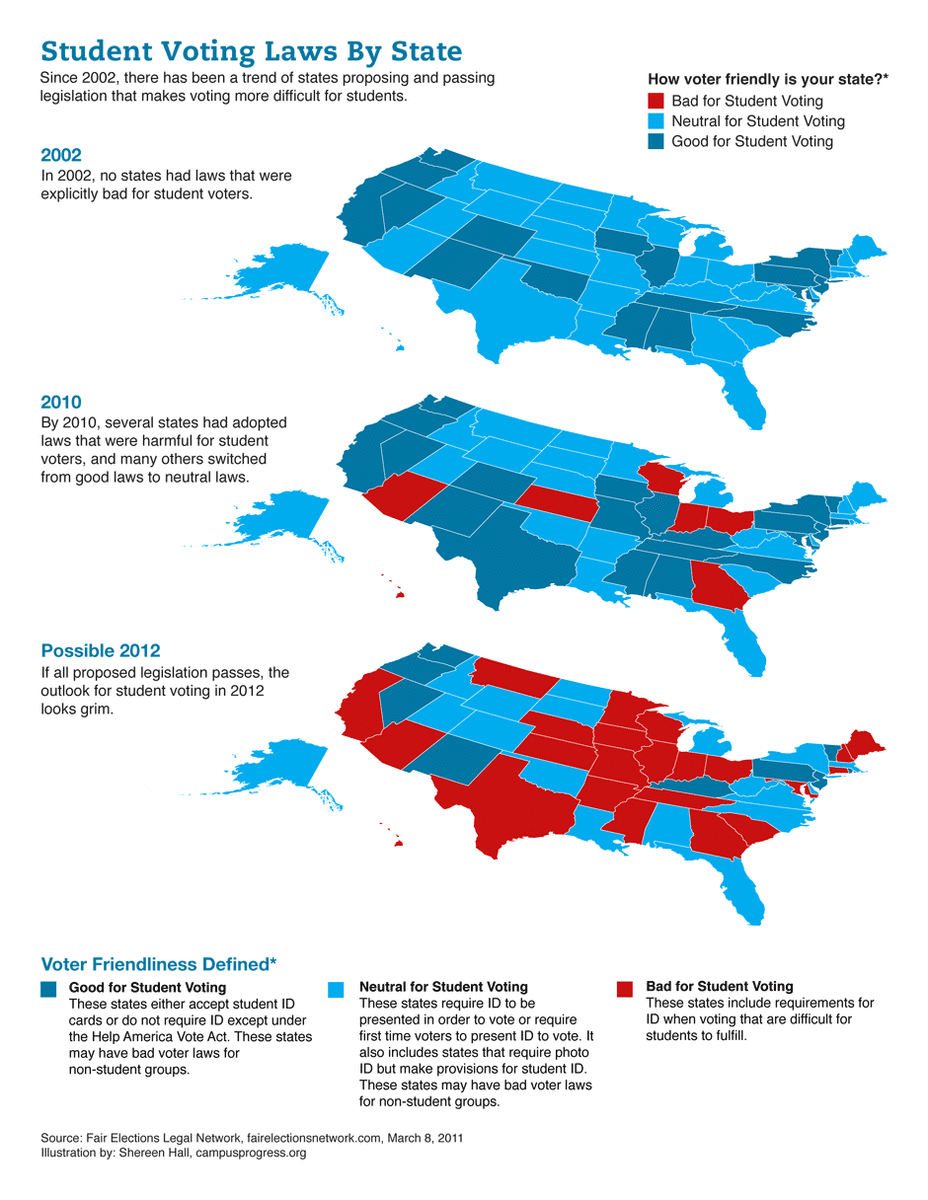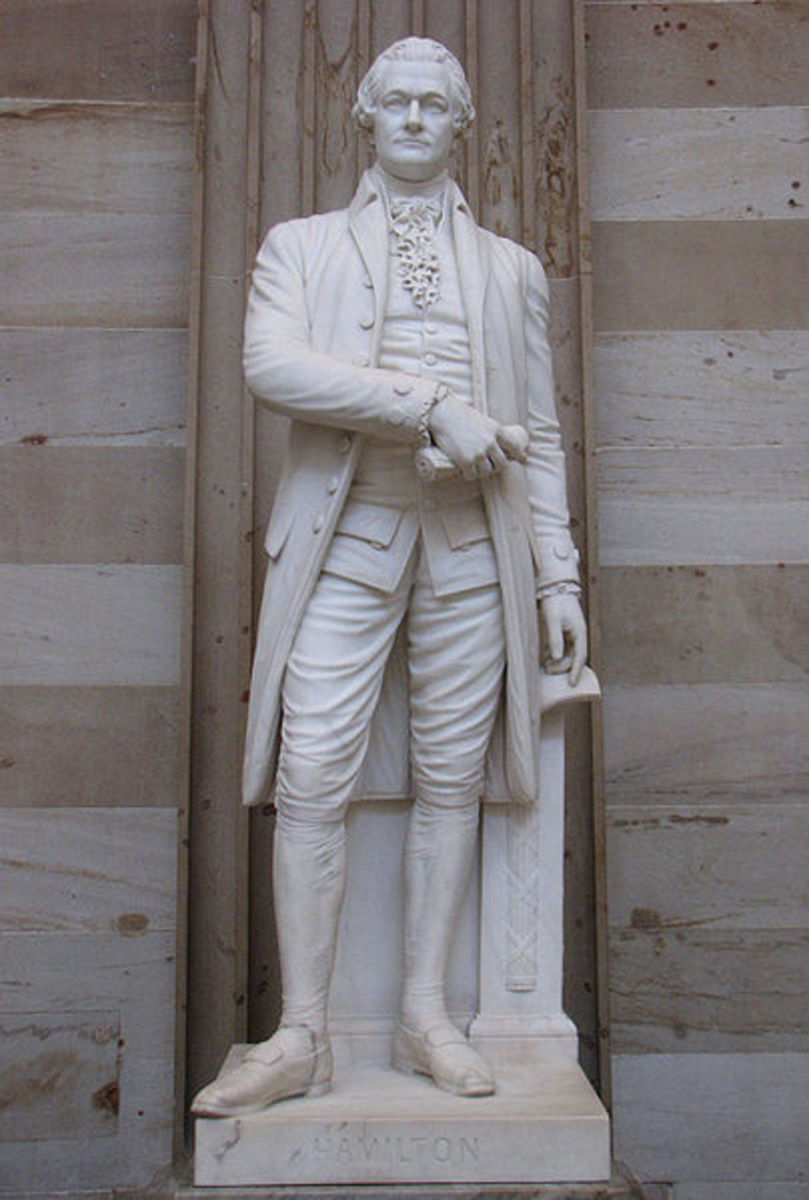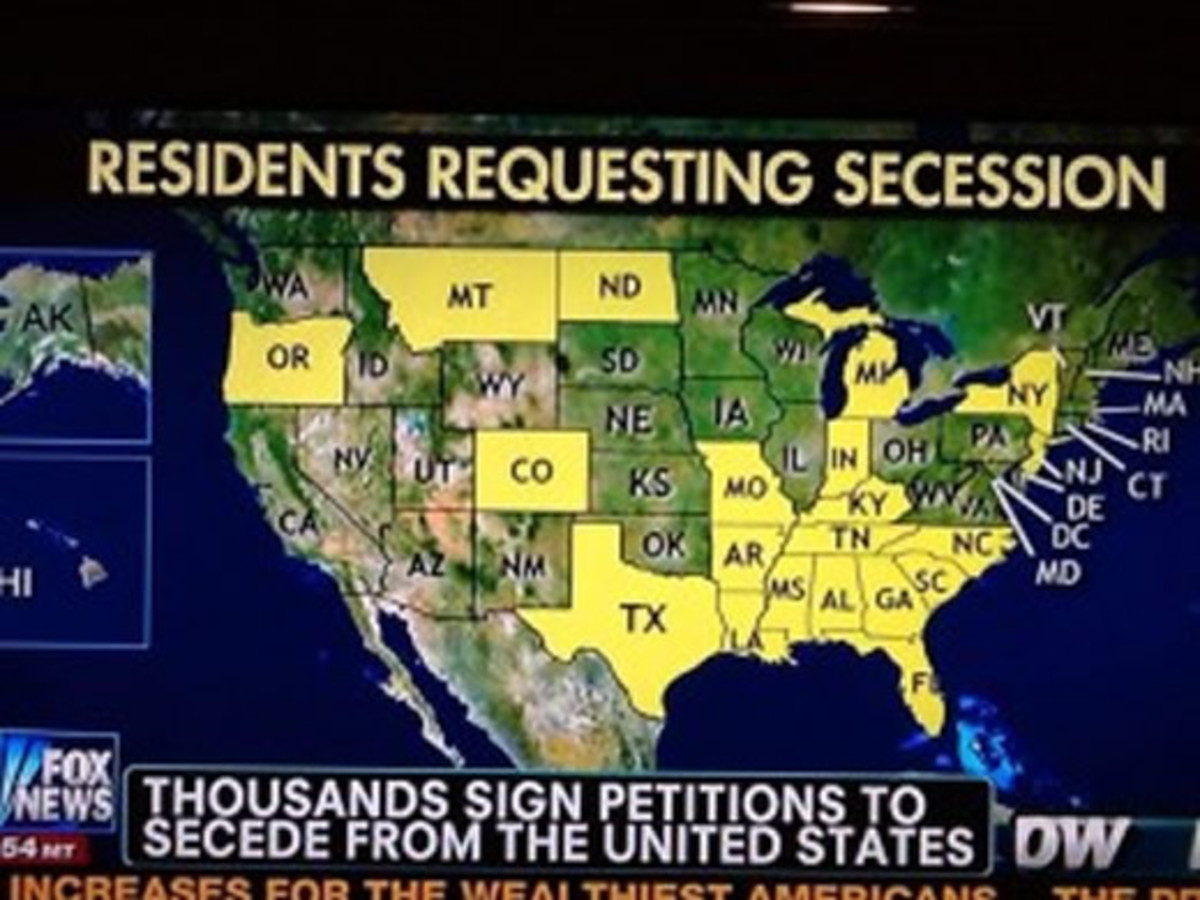Our rights to express our religious beliefs is being threatened
Amendment 1 to the Constitution gives us the right to freely exercise our religious beliefs but today that right seems to be in jeopardy. Several states are proposing legislation which would give businesses the right to refuse service to individuals who are against their religious beliefs. Granted such a law may have ramifications if they are ever passed and signed by individual state governors. The key in this type of legislation is to give businesses or organizations the right to exercise their religious beliefs without fear of being sued.
A law was passed by the Arizona legislature which provided this protection and was sent to the Governor who made the decision to invoke her veto power. As a Governor the right to invoke veto power is inherent in his/her responsibilities. The governor received pressure from both sides and she then decided to veto it. Some states had legislation in the works and after the veto legislation was withdrawn.
The fact that this legislation was ever written at this time raises many questions about freely exercising our religious beliefs as an individual and as a business owner. This legislation is not the first of its kind 21 years ago in a Democratic Congress Bill Clinton signed a bill called Religious Freedom Restoration Act limiting how Washington can violate people’s religious beliefs.
Our religious beliefs and the freedom to exercise them are engrained within the Constitution and should never be restricted. The fact there has been a federal law on the books which appears to be the purpose of the law in Arizona creates a question. The federal law passed by a Democratic Congress and signed by a Democratic President which restricts action by the federal government is fine but the same action at a state level is not. As a Republican state the pressure placed on the governor raises the question if the same pressure would be placed on a Democratic governor. Businesses have the freedom to determine if they are going to be a smoke free organization and no one complains about this decision. Business owners have certain rights and they should be allowed to exercise those rights whether is involves religious beliefs or other subjects as owners as long as discrimination is not a part of the decisions made.
I respect the decision by the Governor of Arizona in exercising her responsibilities but I cannot say the same for the coverage by some of the media. Reports have indicated that the law was a minor revision to a law on the books which added additional businesses to be covered by the protection. No law should give blanket protection from lawsuits with respect to discrimination and it appears that this legislation which was vetoed did not give such protection.
Media coverage on issues in Republican states appears to be one-sided in some respects given the political point of view which can be seen by some media sources. The media is a vital source of information but like anything else individuals need to validate the reliability of the information being provided. It is the responsibility of all the media sources to accurately present all the facts in any issue which impacts either a state or our country. I applaud those sources which take their responsibilities seriously and take care to report the facts on issues which the public cares deeply.
States should have the option and they do to add additional details associated with a federal law as long as they do not violate it. Constitutional issues will continue to surface and the accurate coverage of those issues is important so voters have the information on which to make a decision. In addition it should be the voters in any state make a decision not individuals or organizations outside a state. Voters in any state should resist efforts to influence their decisions from outside sources. While organizations can support individuals in a state efforts to try to influence voters to think the way they do on an issue is not the kind of support which should be allowed. Somehow organizations should be restricted from initiating efforts to influence ballot issues and decisions on candidates. This concept would undoubtedly be fought as a violation of free speech under the Constitution but how right is it to initiate efforts to influence decisions in a state where they are not citizens.








